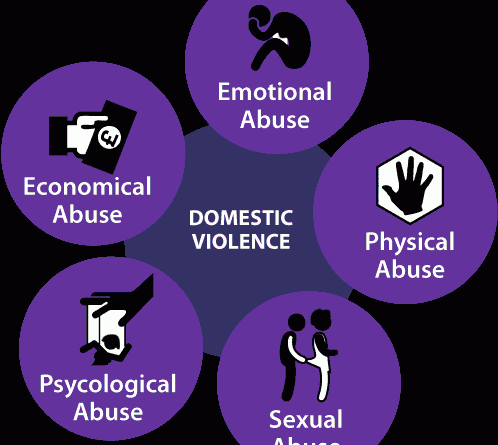Wednesday Woman : Domestic abuse – by Jean
Recently, during a break in a case I was in, the lawyers, social workers and children’s guardian got to talking about the subject of domestic violence . Not just about their clients who had suffered it but their own experiences of it.
These were professional women, successful in their jobs, eloquent, strong in their views, women who can weather anything in court. But each had suffered abuse in one or more personal relationships. I admit, I was surprised by what I heard. Not because I’m not aware that it happens in every strata of society but I suppose because, from what they said about their friends as well as themselves, it seemed to be so prevalent
With her permission, here is the story of one of these women. I will call her Jean (not her real name).
Jean grew up with domestic violence. Her mother suffered it at the hands of her father who also had alcohol problems.
Jean’s first relationship soon mirrored that of her parents. Physical and emotional abuse on a regular basis became part of her marriage.
‘It’s hard to tell anyone about it when it’s happening, especially those who haven’t been through it themselves. You feel they won’t really understand. You can only really be fully honest with others who you know have also experienced it.
I don’t know if having experienced it myself helps me in my work but it probably does, you understand better the client’s journey and their reluctance to accept it is happening to them.
You understand the embarrassment of not wanting to admit to people that your relationship is bad, that you’ve failed. You don’t want to hear the ‘I told you so’s’.
There’s also the constant fear, at the back of your mind, of social services taking your children away. That’s a huge fear for many women.
It’s also true that your past impacts how you think. I wanted my child to have the father I had never really had. It blinded me to the reality of what was happening to me. That desire for ‘happily ever after’ hinders your ability to make safe choices.
I stayed in my relationship because I was in my early twenties, there was a lot of negative stuff in the media about single mothers and I had grown up with the hope and expectation of happy families, so I wanted all that, at any cost.
Also my mother had taught me you stayed in a relationship. It was the done thing.
I finally left because of one defining moment. He had his hands around my throat and our daughter, aged 3, was there watching. I can still see her. I can remember clearly the yellow dress she had on. And her face as she watched us is imprinted on my brain. She was petrified.
And that’s when I knew I couldn’t stay any longer. I couldn’t put her through it.
So, I left.
Research says that when a woman who has suffered abuse leaves the relationship, the man loses control and he can’t deal with that. That’s when many women are at greatest risk of more severe violence and worse.
Or it can be attempts to control through other means eg financially. In my case he tried to control me by trying to diminish anything I did for myself. For example, I lost weight, so he sneered at me for being desperate to get another man. It was still all about trying to take my self esteem away.
I got over that by doing what I’d wanted to for a long time, I went back to studying. I got into university and got a 2:1 degree. That’s when I felt able to say ‘fuck you, I have my own life now’.
We heal in different ways. For me getting that degree was empowering.
My advice to women going through abuse or who have come through it is to speak about it. Don’t let yourself go mad in the isolation of it. You’re not mad or bad for wanting to let people know it’s happening. Just acknowledging it is often the start of the process of getting help.’

